We live in a hyper-consumerist society where we almost can’t avoid wasting money on unnecessary items every day. It’s even worse that we overpay for these items, too. Just to educate everyone, we’ll share 20 items many Americans are likely wasting extra money on.
Brand-Name Cereal
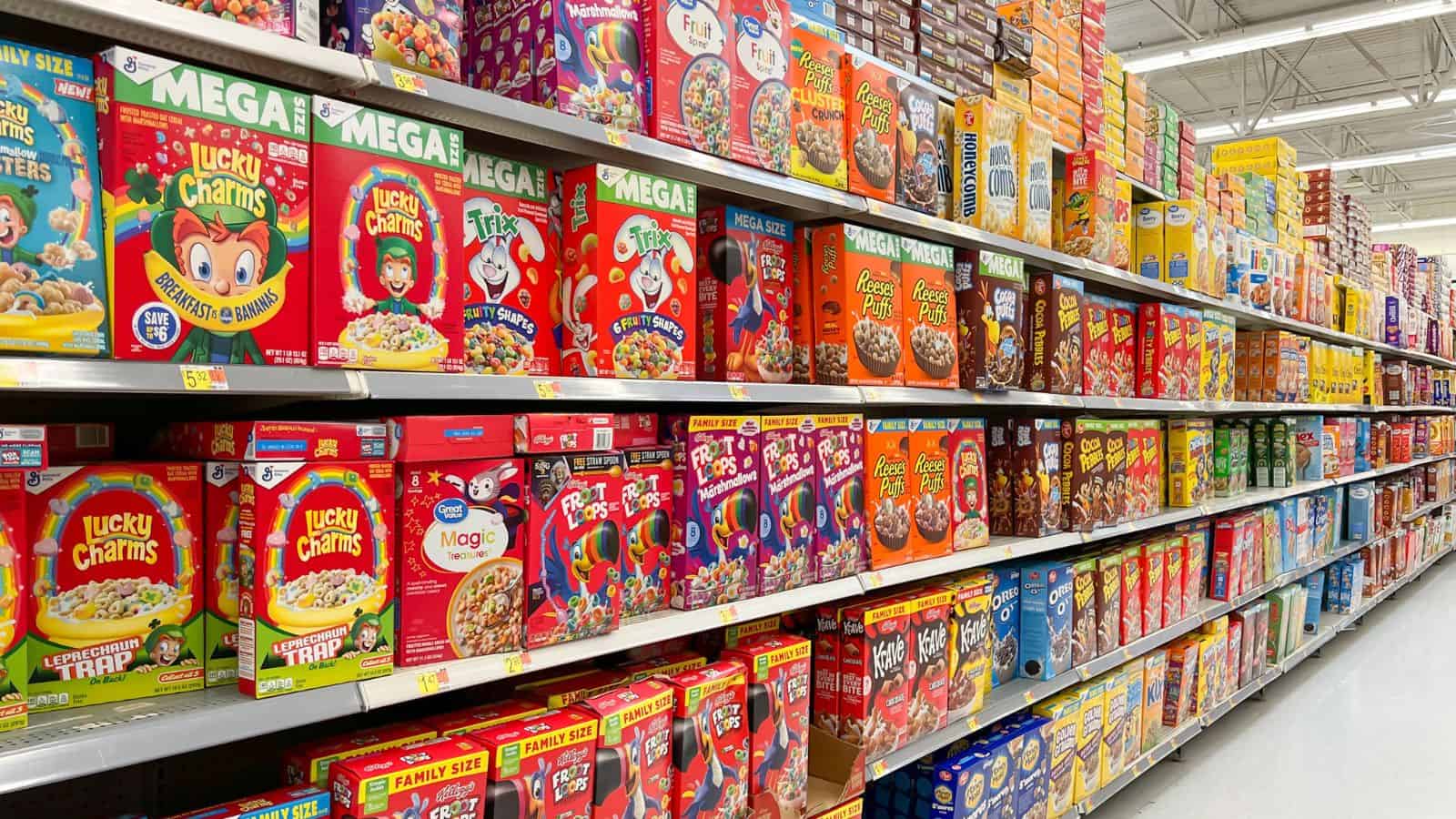
Brand-name cereals don’t always offer extra nutritional or flavor-related benefits to justify the significantly higher prices they’re typically tagged with. And as we learn from a comparison with generic cereals on Yahoo, they’re only more expensive because of their perceived popularity and need to make up for their huge advertising and marketing costs.
Bottled Water
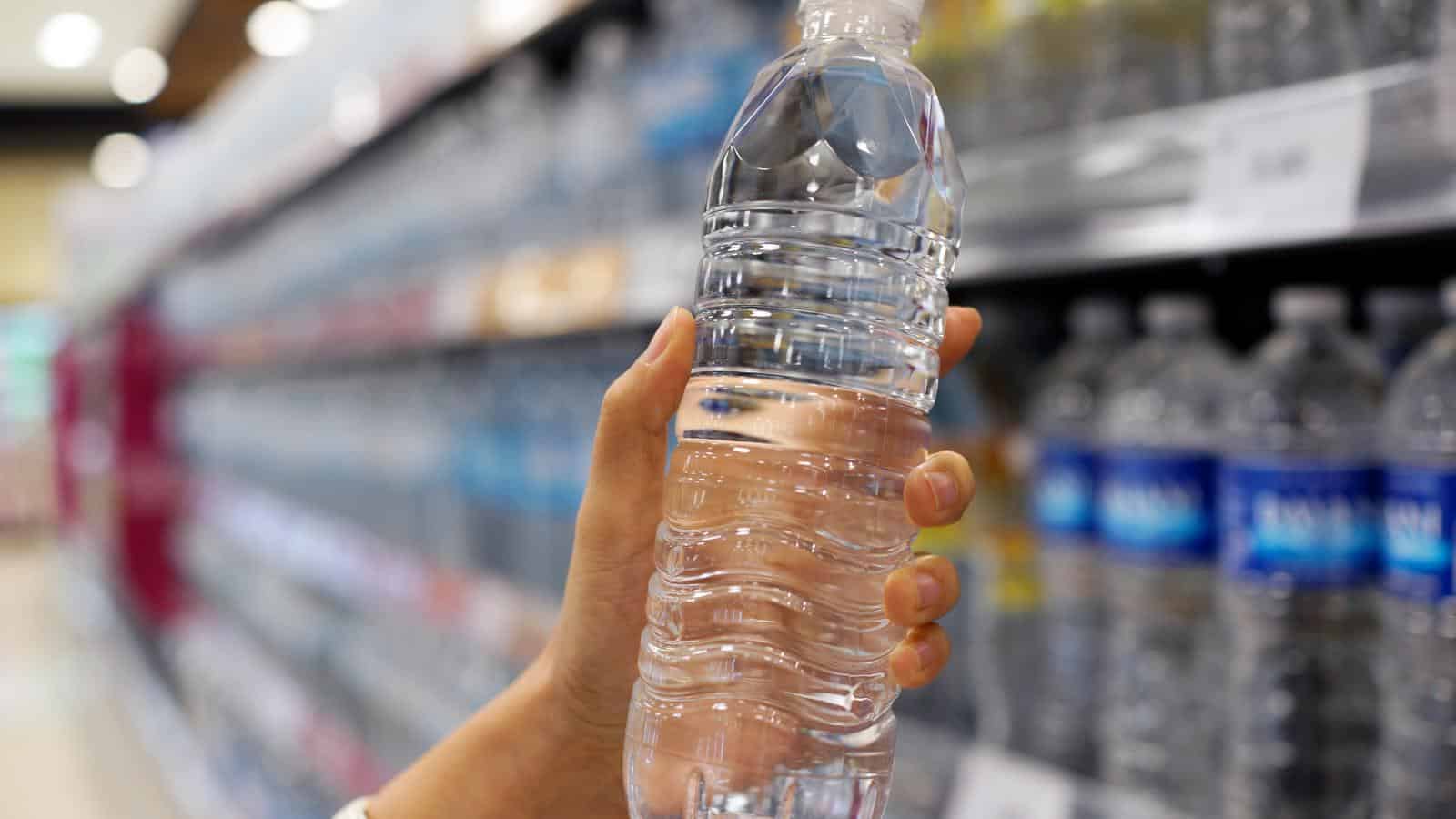
The bottled water industry is booming with billion-dollar growth every year, and families don’t mind taking on significant costs because of it. However, it’s a waste of money considering that, according to the Washington County government, we could be spending 10,000 times more compared to tap water and, sometimes, bottled and tap water even come from the same source.
Pre-Packaged Produce
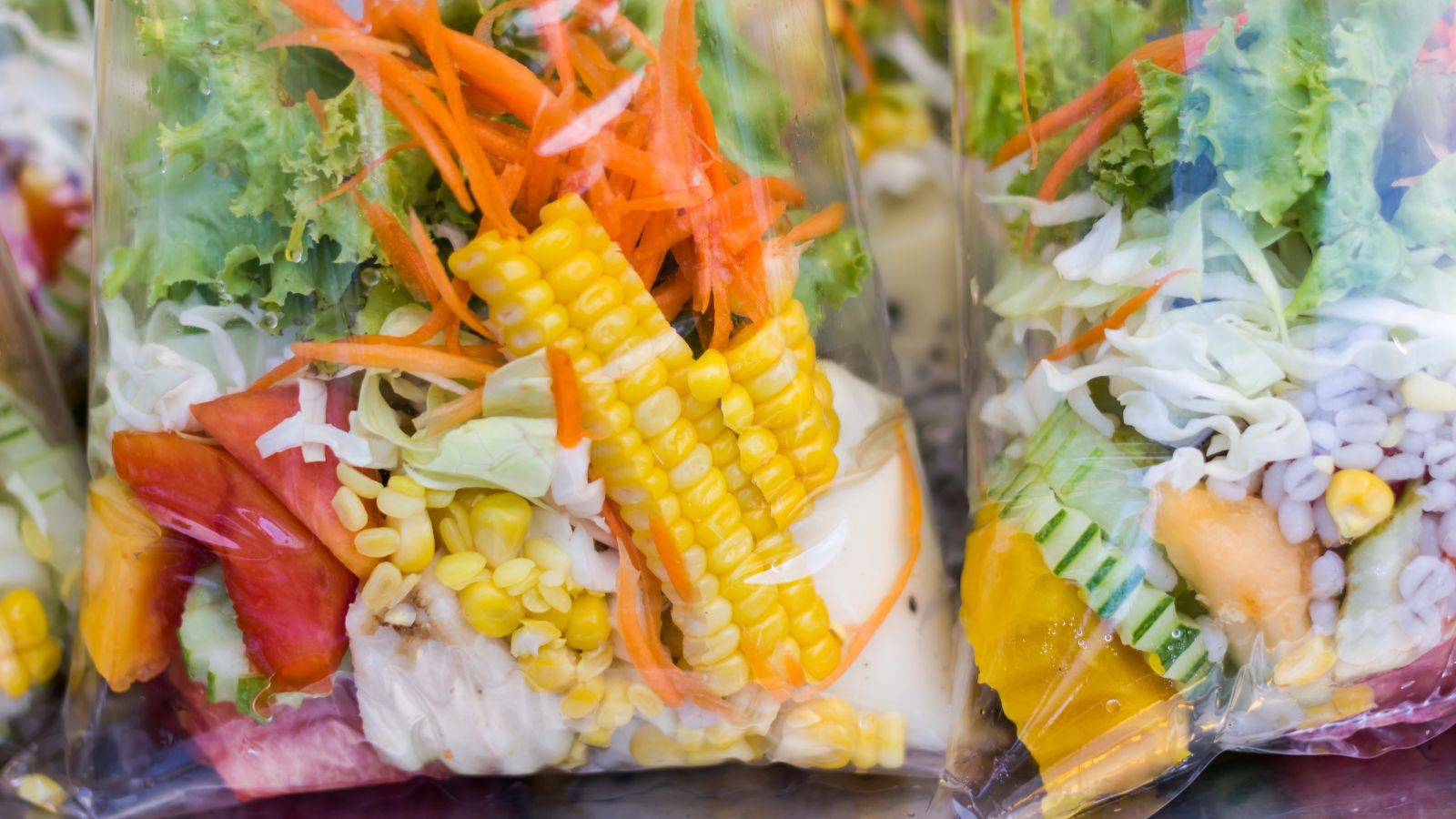
Pre-packaged produce from the store, such as cut fruits and vegetables, also comes with inflated price tags, typically to make up for the cost of labor and packaging. They’re unnecessary when you could save significantly by buying whole foods and cutting them yourself. And what’s more, they’re also reported to be less nutritional and contain more harmful bacteria.
Designer Coffee

Frequent visits to coffee shops for designer coffee drinks can drain your wallet over time. Brewing coffee at home is significantly cheaper and allows for more control over ingredients and flavors, providing a personalized experience. Investing in a good coffee maker can lead to substantial savings over time without sacrificing quality.
Cable TV

Cable TV subscriptions are becoming increasingly expensive, with many channels and packages going unwatched. Switching to streaming services or using an antenna for local channels can provide ample entertainment at a fraction of the price, offering more customization, too. Many people find that they do not miss cable at all.
Single-Use Cleaning Products
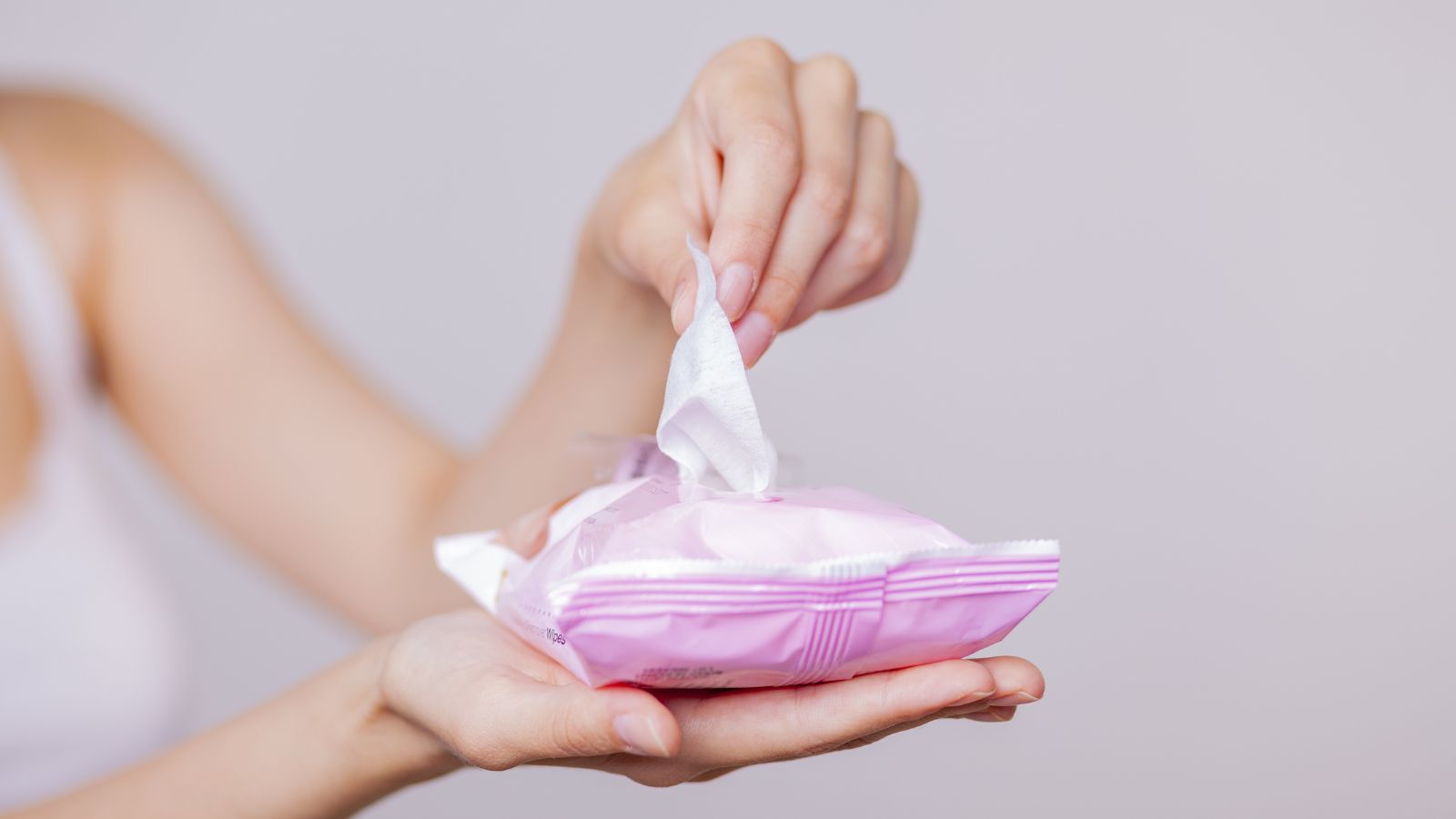
Single-use cleaning products, such as disposable wipes and dusters, are convenient but costly over time. Reusable cleaning supplies, like microfiber cloths and washable mop heads, are more economical and environmentally friendly, reducing waste significantly. Over time, the savings from reusable products add up to considerable amounts.
Extended Warranties

Retailers often push extended warranties on electronics and appliances, but these are usually unnecessary and rarely provide value. Most products come with a manufacturer’s warranty that covers initial defects effectively. Extended warranties rarely come in handy, considering their cost, and since many consumers never use them, they’re easily one of the most unnecessary expenses on our list.
Premium Gasoline
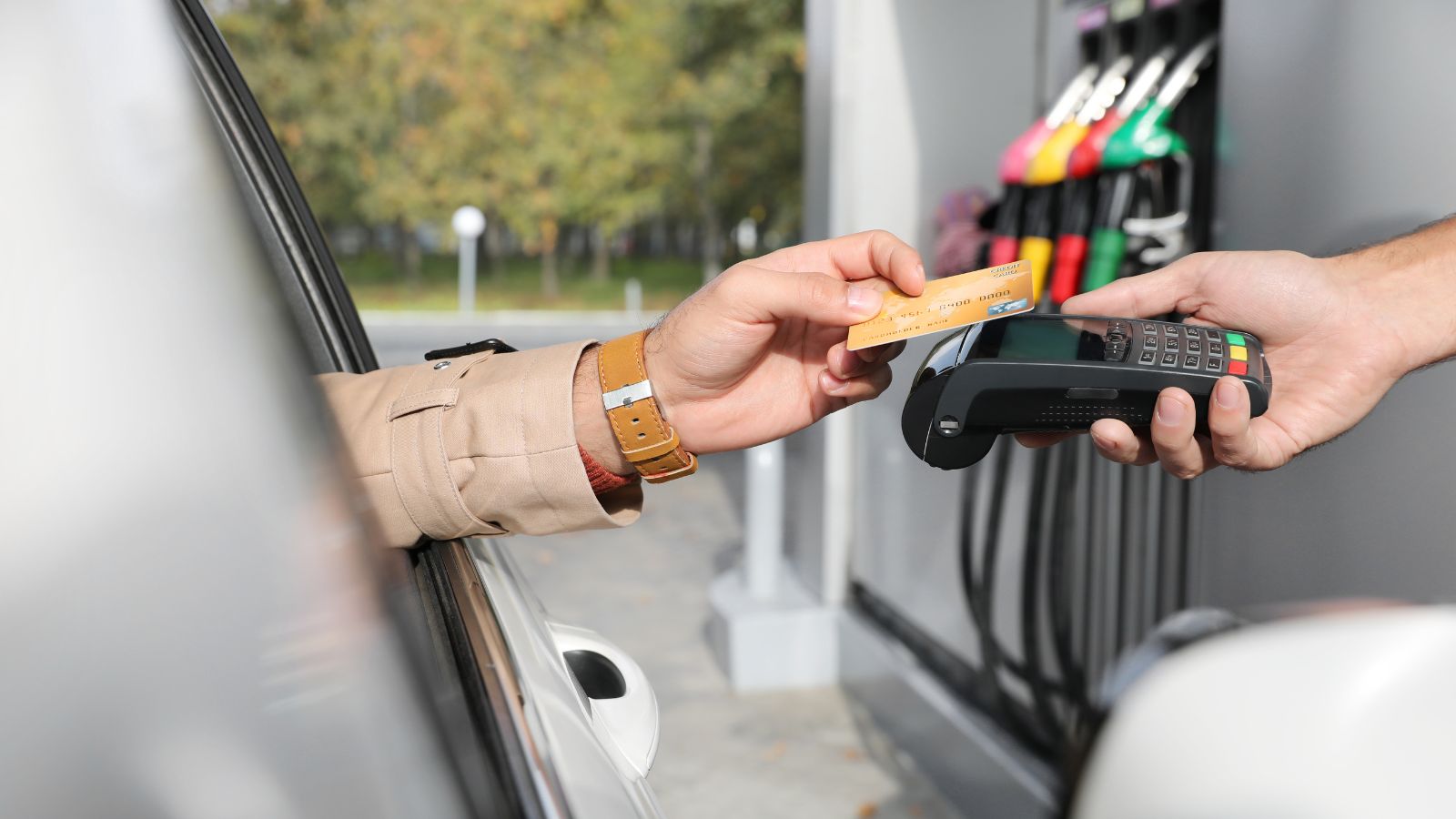
Many drivers believe that premium gasoline will improve their car’s performance. However, most vehicles run perfectly well on regular gas without any issues. Unless your car specifically requires premium fuel, paying extra for it is a waste of money. Check your owner’s manual for the recommended fuel type to avoid overspending.
Pre-Cooked Meals
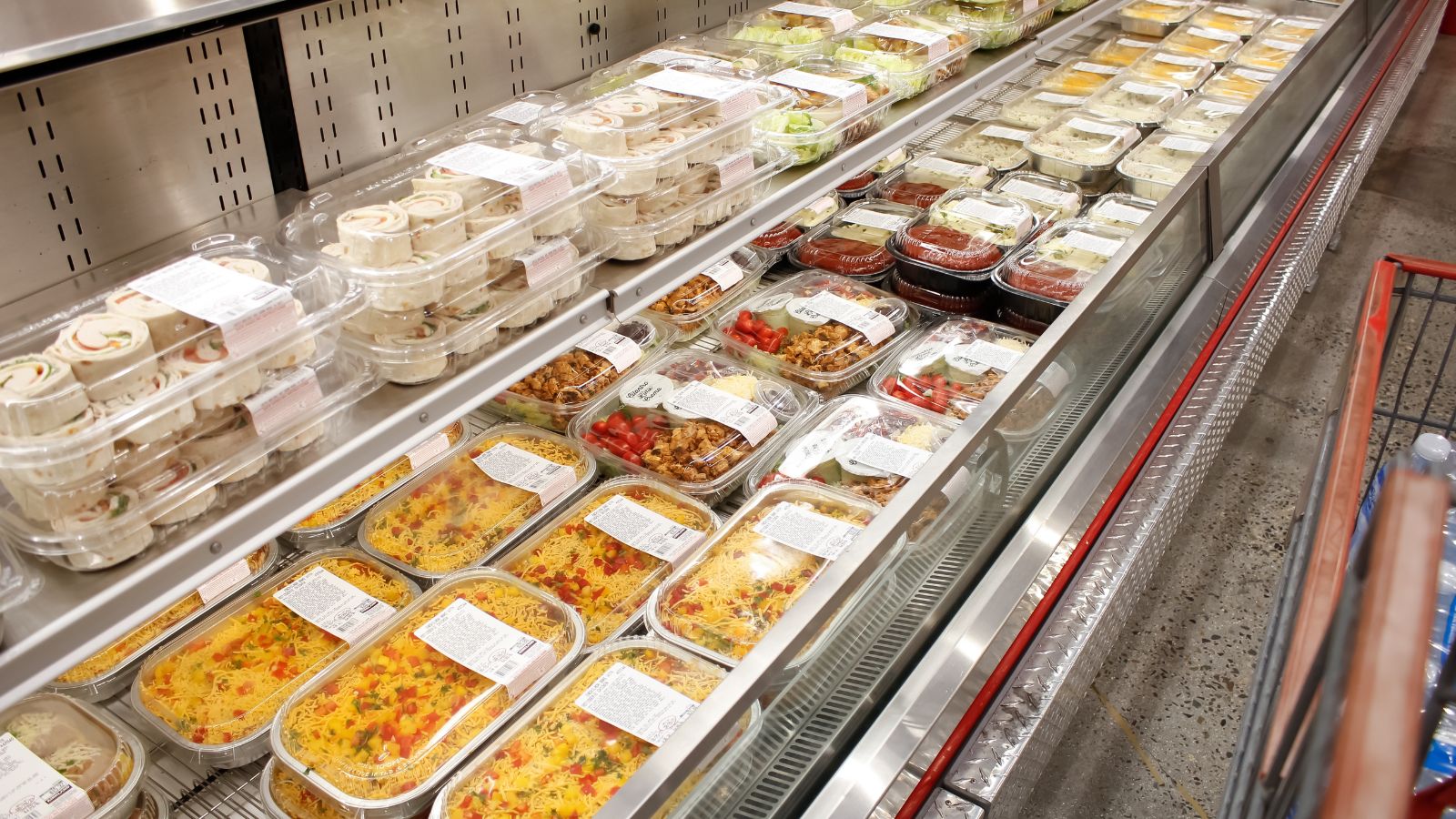
Pre-cooked meals offer convenience but come at a high price, especially for families. Cooking at home with fresh ingredients is not only cheaper but often healthier and more enjoyable. Meal prepping on weekends can save both time and money during busy weekdays, making home-cooked meals a practical choice.
Bank Fees

Monthly maintenance fees, overdraft fees, and ATM charges can quickly add up and become a significant expense. Switching to a bank or credit union that offers free checking accounts and lower fees can save a significant amount of money each month. It’s worth comparing different banks to find the best deal available.
Gym Memberships

Many people also pay for gym memberships they rarely use or never attend. You put yourself in a better position by exploring alternative forms of exercise, such as home workouts, running, or community sports, as these are cost-effective and just as beneficial. Investing in basic home gym equipment can also be a valuable one-time expense compared to monthly gym fees.
Designer Clothing

Designer clothes often come with a high price tag without a corresponding increase in quality or durability. And the New York Times shares that prices were marked 25% higher between 2019 and 2023. You save yourself money by opting for affordable brands or shopping during sales, using coupons, and exploring second-hand stores.
Greeting Cards
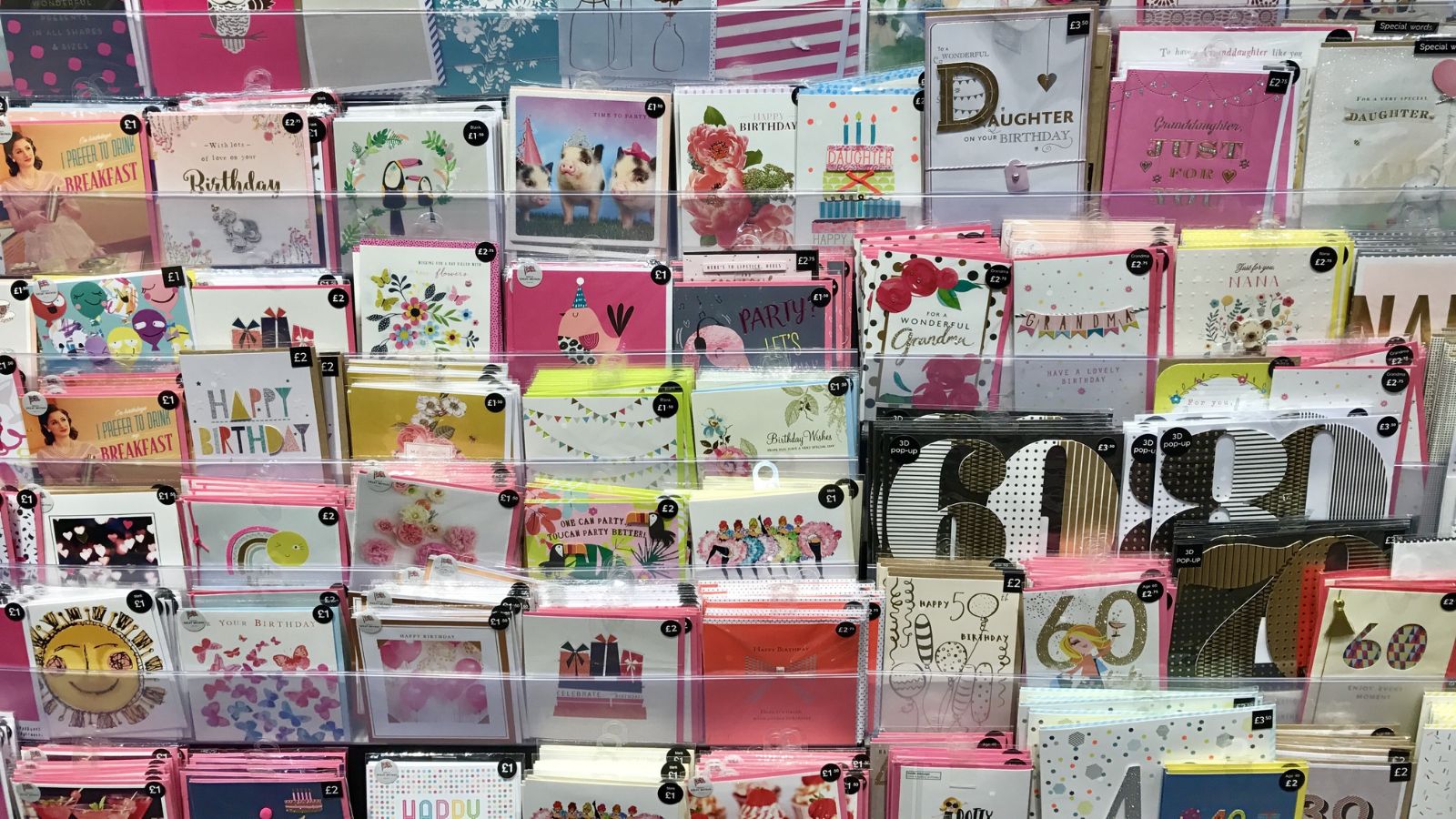
Greeting cards are surprisingly expensive for what they are, and often end up being discarded. Making your own cards or purchasing them in bulk can reduce costs significantly while adding a personal touch, too. Many online services also offer customizable, printable cards for a fraction of the price of store-bought ones.
Disposable Razors

Disposable razors are convenient but expensive over time, especially for daily use. Investing in a good-quality, reusable razor can lead to long-term savings, as replacement blades are generally cheaper. Many brands offer subscription services for razor blades, which can also reduce costs compared to constantly buying disposables.
Name-Brand Medications

Choosing name-brand medications over their generic counterparts is a costly habit that many Americans adopt. This is despite the fact that generic drugs are required to have the same active ingredients and efficacy as brand-name versions while being much more affordable. A study from the University of Chicago even reveals that pharmacists are more likely to buy generic medications, too.
Pet Food and Treats

Name-brand pet food and treats can be costly, adding up over time. Many generic or store brands offer the same nutritional value at a lower price, providing an economical option. Making homemade treats from simple, pet-safe ingredients can also be a fun and economical alternative for pet owners.
Tech Accessories

Tech accessories like phone chargers, cases, and headphones often come with inflated prices when purchased from major brands. Third-party manufacturers, on the other hand, offer high-quality alternatives at a lower cost, making it easier to save money. Reading reviews and doing a bit of research here can lead to significant savings without compromising on quality.
Diapers
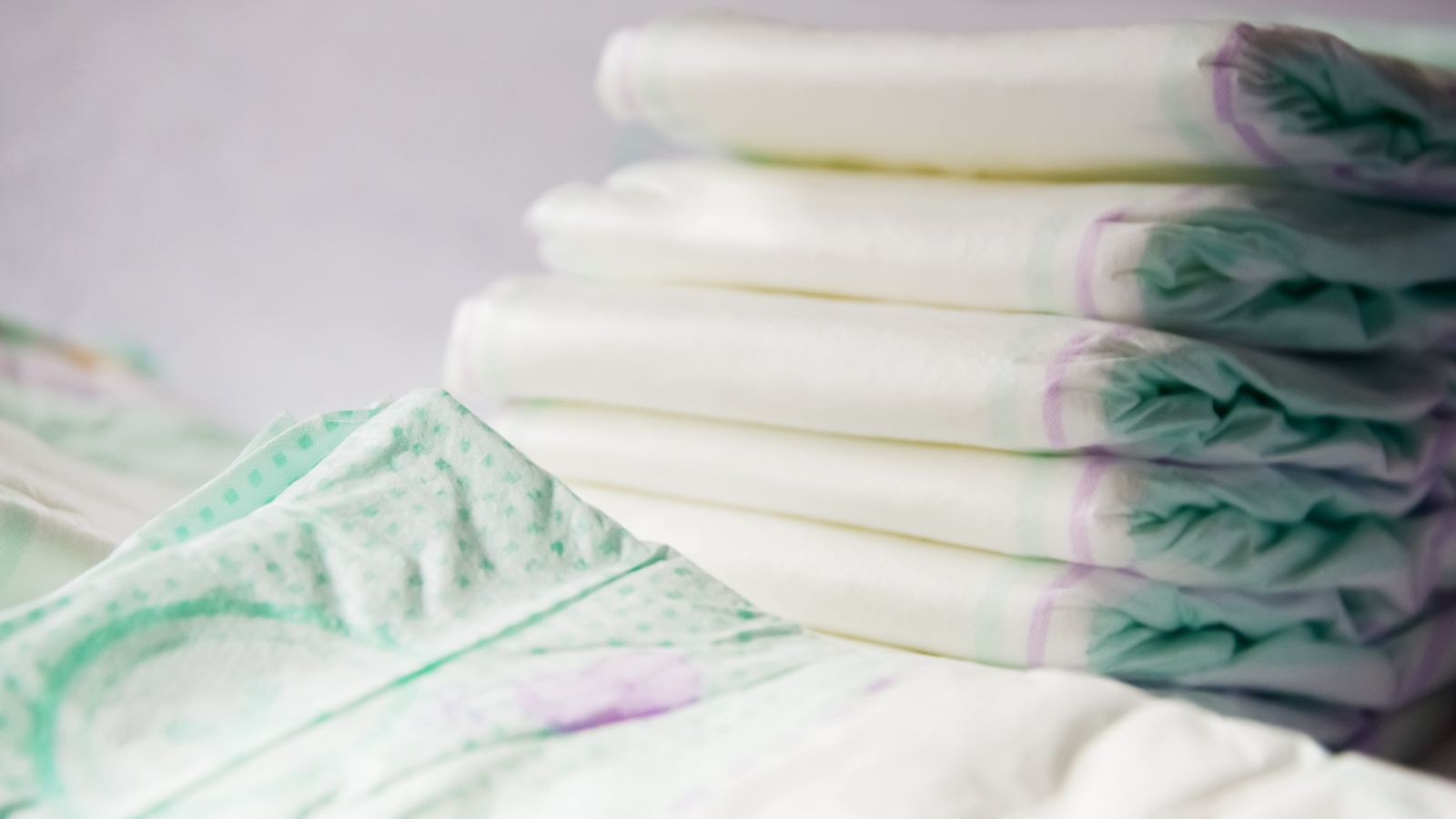
Brand-name diapers are a major expense for parents, as they need to be purchased frequently. However, store-brand or generic diapers perform just as well at a lower price, serving as a reliable, economical alternative. Using cloth diapers is another cost-saving option, though it requires a higher initial investment and more frequent laundry.
Household Paper Products

Items like paper towels and napkins are frequently overpriced, especially when bought in small quantities. And switching to reusable cloths and napkins can save money and reduce waste significantly. For those who prefer disposables, buying in bulk from warehouse stores can lower the cost per unit and provide convenience.
Brand-Name Laundry Detergent
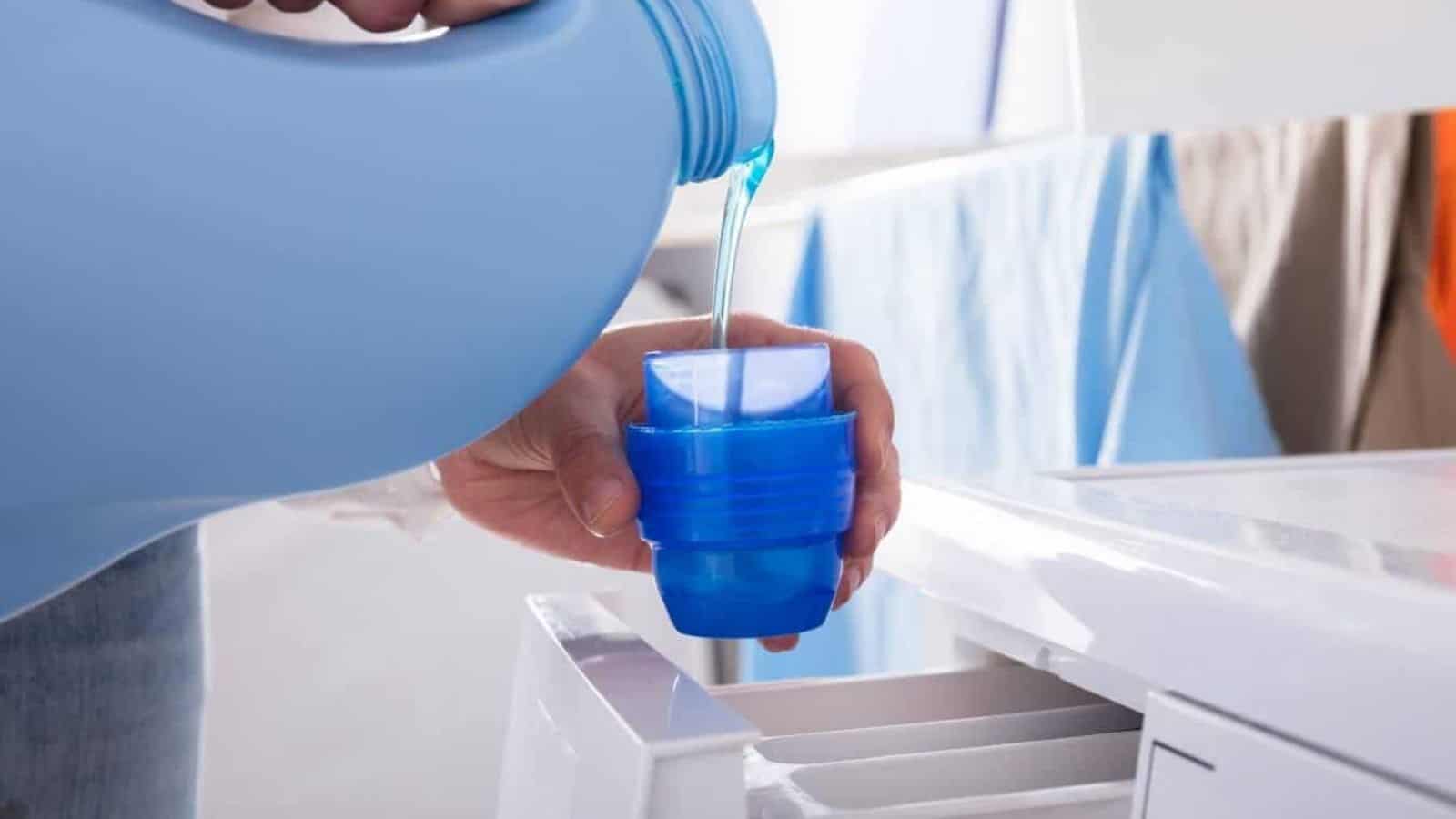
Brand-name laundry detergents are often priced higher than necessary, offering little extra benefit. Many generic or store-brand detergents clean just as effectively and are more affordable. By making your own detergent with simple ingredients, you can get an even more economical and environmentally friendly option, reducing costs significantly over time.
Up Next: 20 Things Your Boss Is Legally Forbidden to Ask of You

The workplace should be a professional environment free from discrimination and harassment. While employers have the authority to ask questions regarding legal work obligations, there are certain personal boundaries they cannot cross. Whether it’s an invasion of privacy or an unfair request, here are 20 examples of things your boss is legally prohibited from asking of you.
20 Things Your Boss Is Legally Forbidden to Ask of You
18 Things That Say You Are Middle-Class and Not Rich

The difference between the rich and middle class can be confusing, but the two couldn’t be further from each other in reality. In this article, we look at 18 signs that someone is middle class but not at all rich or wealthy.
18 Things That Say You Are Middle-Class and Not Rich
18 Most Dangerous Cities in the World (5 Are in America)

Across the globe, there are many places you don’t want to find yourself because of the crimes waiting to occur. Sometimes, even nature can be cruel to you. This is particularly the case in the following 18 most dangerous cities in the world, five of which are in America!

